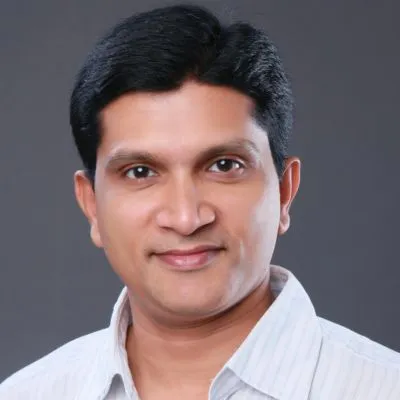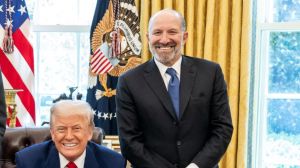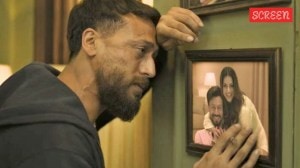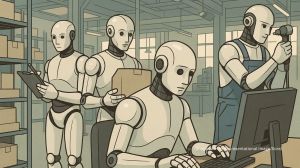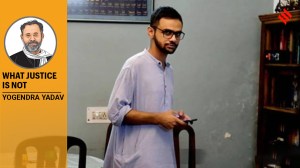The Supreme Court Thursday upheld the Madras High Court order which said that salaries paid to nuns and priests working as teachers in aided schools run by the church are subject to income tax.
A single judge of the Madras High Court had ruled in favour of the priests and nuns saying their salaries cannot be subject to income tax as the money is not accrued to them but only to the diocese. The High Court’s single bench said priests and nuns have suffered civil death as per canon law and ruled that they, therefore, cannot be subjected to Tax Deducted at Source (TDS).

On appeal by the Income Tax Department, a High Court Division Bench reversed this in 2019 which was then challenged before the Supreme Court.
Story continues below this ad
On Thursday, a three-judge bench presided by Chief Justice of India D Y Chandrachud said the money is given to the school in the form of a salary grant and hence cannot be exempt from TDS. “It’s a salary which is paid to one of the nuns or a father. They don’t take it in their own coffers. That’s all. Because they say we have taken a vow of poverty. So they would not retain the salary. The organisation bills the salary to the father or the nun, but pays it to either one of the sister organisations or whatever for charitable purposes. But TDS is to be deducted,” CJI Chandrachud said.
Appearing for the appellants, Senior Advocate Arvind Datar informed the bench also comprising Justices J B Pardiwala and Manoj Misra that the money is not paid to the schools, but goes directly to the diocese, which is then taxed as a charitable trust.
But the bench did not agree. “How will the government pay the diocese? The government will never pay the diocese … .They can’t contribute to a religion… The government will pay to the school”.
Datar said, “Though technically it will pay (to the school), the fund is to go straight to the diocese”.
Story continues below this ad
“It’s not technically. The government says that this is our budget of, say Rs 5,000 crore for aided schools…to this particular school Rs 25 lakh is the grant in aid. The school will then say look, we will not distribute it to the teachers, but we will give it to the diocese. In the hands of the school, once it comes, it’s blocked to the salary for these teachers,” said the bench.
Datar said it’s not that way. “What happens is it never comes to the account of the school… I can bring the account and show you… What used to happen is because of a CBDT circular, because these priests don’t pay provident fund, they don’t pay any kind of thing, the money goes to the diocese. The diocese is registered as a charitable trust under Section 11 of the Act. They have to disperse 75 per cent of whatever money they collect for charitable purposes. The priest gets nothing. For the last 85 years, the priests were never taxed.”
However, CJI Chandrachud said, “There may be a priest, say a Hindu priest who says that, well, I will not retain the salary. I will give this money which I receive, you know, for doing puja to an organisation. But if the person is employed, he gets the salary, tax has to be deducted. The law is common for everybody. How can you say that it’s not subject to TDS?”.
Datar said there are judgments of the Kerala and Madras High Courts which say that if a priest dies in an accident, monetary compensation goes to the diocese and not to the family.
Story continues below this ad
CJI Chandrachud said, “There is a reason for it because once you enter an ascetic order, that person has completely cut off all bound all bonds with the natural family… When that person dies, that family will have no claim for compensation because that person at the point of renouncing the family has cut of all bonds with the family, and they join the order. For instance, like a person who joins the Jain ascetic order.”
The senior counsel contended, “Rightly or wrongly, the Central Board of Direct Taxes has said I will not be taxed at salary. That circular has not been withdrawn. That circular still holds the field”.
He added that the definition of individual under the Income Tax Act will only include a person who is capable of receiving money. “I’m covered by the board circulars from 1940 onwards. These priests are not liable to income tax. They’re not liable to PF. They’re not liable for anything. They’re virtually like a civil death. They are just people. The definition of a person in the Income Tax Act includes an individual. Individuals can be taxed. individuals can be of different types. Suppose I have taken the triple vows, I am not capable of earning taxable income…”, Datar sought to reason.
Justice Pardiwala said, “These salaries are paid by the government to the aided institution. Therefore, it is a salary in its true sense.” CJI Chandrachud added that even if there is TDS, they can always claim a refund. To which Datar said the priests and nuns are not even assessees.
The bench then went on to dismiss the appeals.


